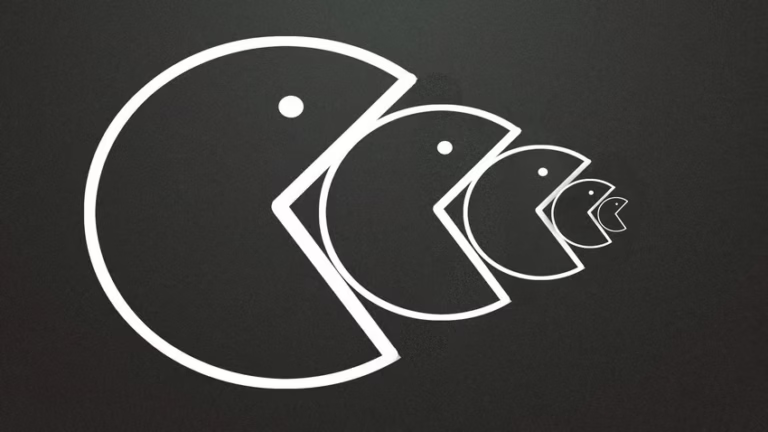
Biotech marketing career
The field of biotechnology is expansive, encompassing cutting-edge research, innovation, and the development of groundbreaking technologies. However, as a biotech student, you might find yourself drawn to the world of marketing, recognizing the need to communicate complex scientific ideas to a broader audience. This article explores the unique journey of making a career in marketing as a biotech student and provides insights into creating a compelling marketing portfolio.
The Intersection of Biotech and Marketing:
While it may seem like an unconventional transition, the marriage of biotechnology and marketing is not only possible but increasingly essential. In today’s fast-paced digital age, effective communication is crucial for bridging the gap between scientific advancements and the public. Marketing plays a pivotal role in translating technical jargon into accessible language, making complex biotechnological concepts understandable and exciting for a diverse audience.
Transferable Skills:
As a biotech student, you possess a range of transferable skills that are highly valuable in marketing. Strong analytical abilities, research proficiency, and a deep understanding of scientific principles provide a solid foundation for crafting compelling marketing messages. Additionally, your ability to navigate complex information equips you with a unique advantage in breaking down intricate scientific concepts for the general public.
Creating a Marketing Portfolio:
Building a strong marketing portfolio is an essential step in transitioning from biotech to marketing. Your portfolio should showcase a blend of your scientific expertise and marketing acumen. Here are key elements to include:
- Educational Background:
Clearly outline your biotechnology education, emphasizing relevant coursework and any specialized skills acquired during your studies. - Relevant Projects:
Highlight any projects that involve science communication or public engagement. Discuss how you translated scientific information for a non-expert audience and the impact of your communication efforts. - Marketing Internships or Experience:
If you have gained marketing experience, whether through internships or independent projects, detail your roles and responsibilities. Emphasize how your scientific background contributed to your success in these roles. - Content Creation:
Showcase examples of content creation, such as blog posts, social media campaigns, or videos, where you effectively communicated scientific concepts to a broader audience. - Digital Marketing Skills:
Demonstrate your proficiency in digital marketing tools and strategies. Highlight any certifications or courses you’ve completed to strengthen your marketing skill set. - Soft Skills:
Emphasize soft skills such as teamwork, adaptability, and effective communication. These skills are crucial in both scientific research and marketing.
Useful Links:
- HubSpot Academy
- Google Analytics Academy
- Content Marketing Institute
- LinkedIn Learning
- Canva Design School
Conclusion:
Transitioning from biotech to marketing may seem like a leap, but the unique skill set acquired during your biotechnology studies positions you as a valuable asset in the marketing world. By creating a well-rounded portfolio that showcases your scientific expertise and marketing prowess, you can confidently embark on a fulfilling career in marketing, bridging the gap between the intricacies of biotechnology and the wider audience eager to understand and embrace these advancements.






